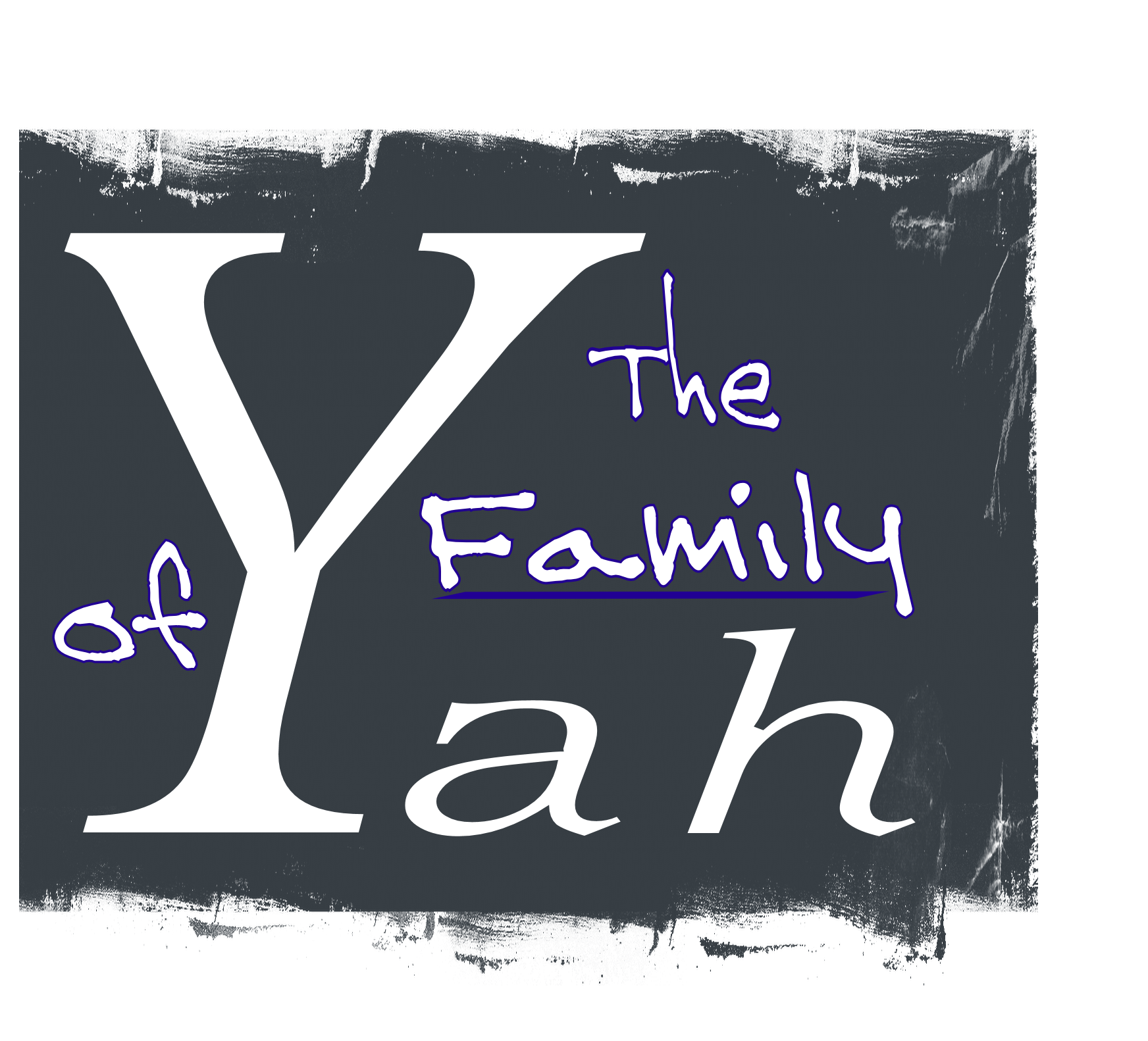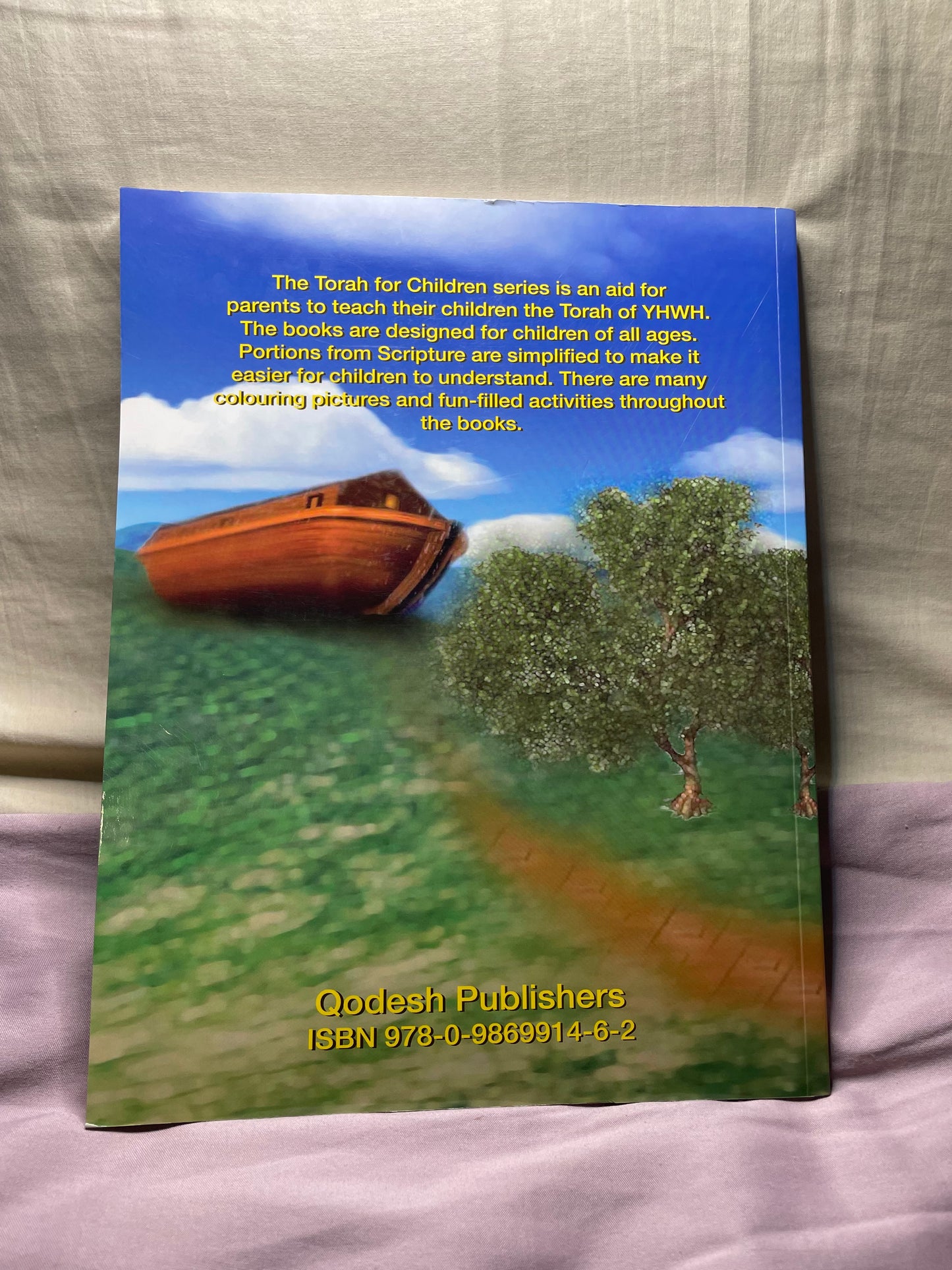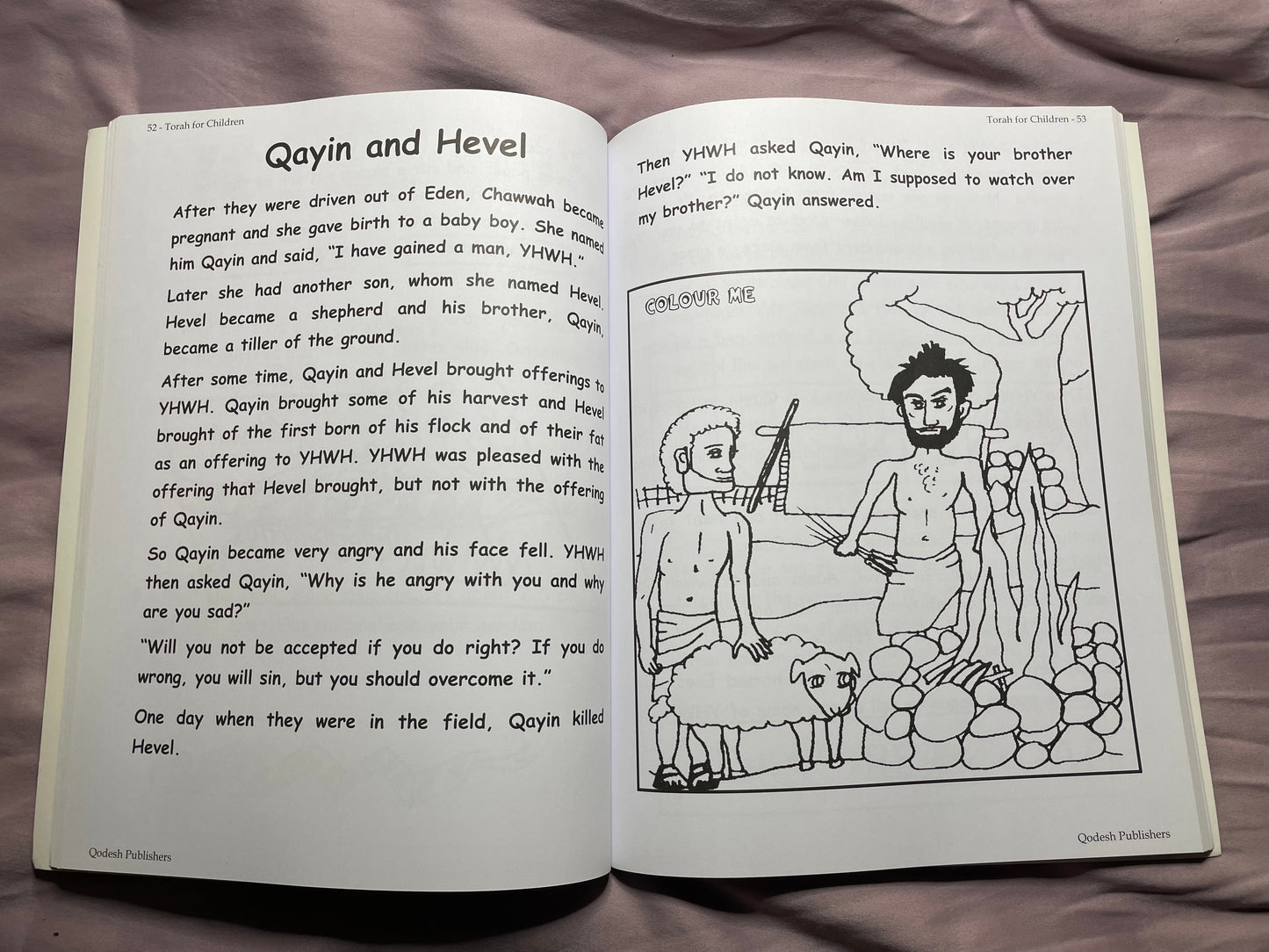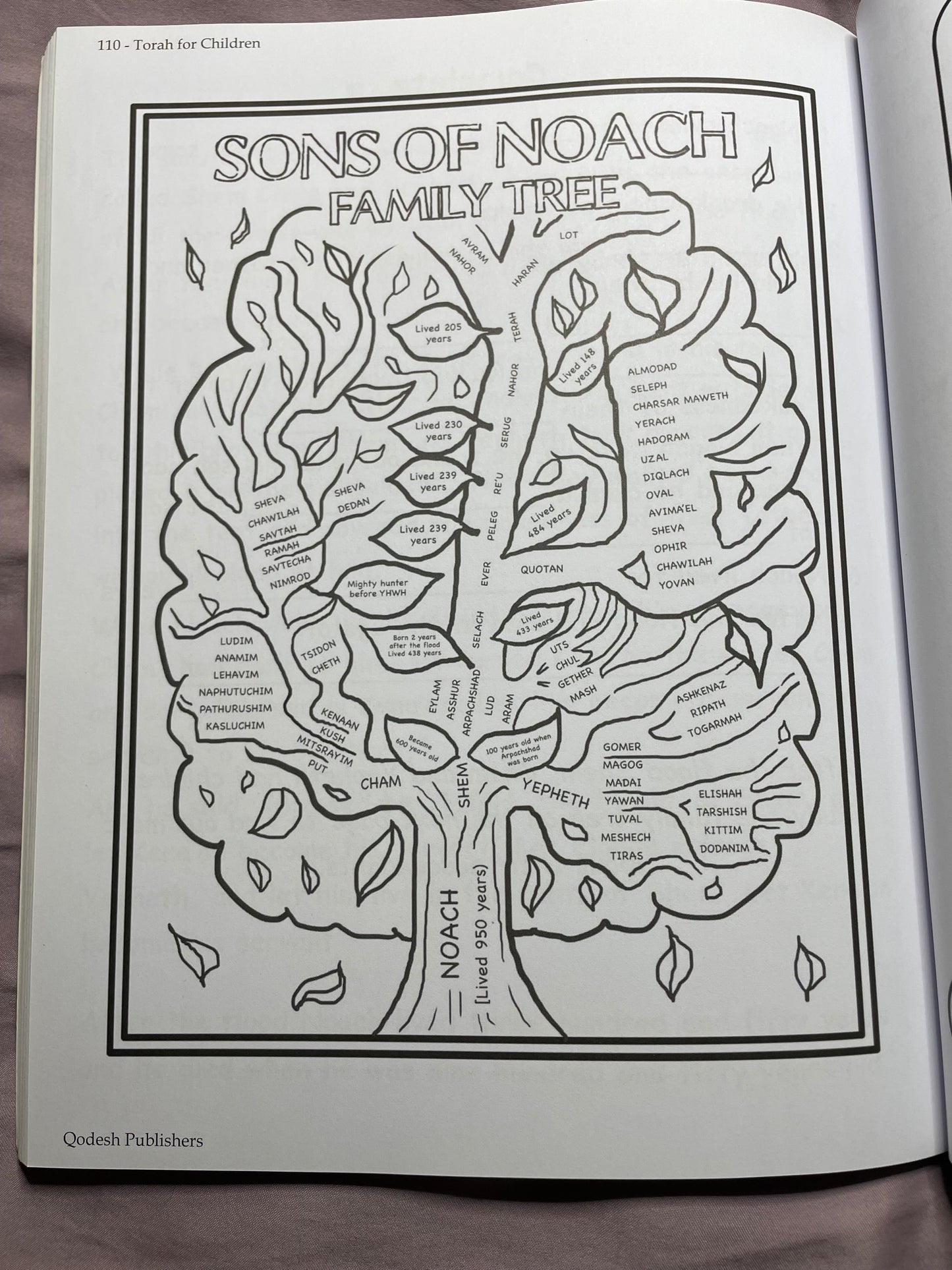Hope - Tiqvah
Hebrew #8615 – tiqvah – חקוה – feminine noun
Hebrew #4723 – miqvah – מקוה – masculine noun
Definition: hope, expect something to happen, holding on to truth, looking forward to something.
“Unless, when we come into the land, you bind this line [tiqvah, H8615] of scarlet cord in the window through which you let us down, and unless you bring your father, and your mother, and your brothers, and all your father’s household to your own home.”
Yehoshua (Joshua) 2:18
“Go back, my daughters, go your way, for I am too old to have a husband. If I should say I have expectancy [tiqvah, H8615], even if I should have a husband tonight and should also bear sons—”
Ruth 1:12
“O יהוה, the expectation [miqvah, H4723] of Yisra’ĕl, all who forsake You are put to shame. Those who depart from Me shall be written in the earth, because they have forsaken יהוה, the fountain of living waters.”
Yirmeyahu (Jeremiah) 17:13
“All who found them have devoured them. And their adversaries have said, ‘We are not guilty, because they have sinned against יהוה, the Home of righteousness, and the Expectation [miqvah, H4723] of their fathers: יהוה.”
Yirmeyahu (Jeremiah) 50:7
This week we’re looking at two Hebrew words—both translated as hope or expectation in Scripture—but also translated in other ways.
For example:
- Tiqvah (H8615) can be rendered as cord, thing hoped for, or ground of hope.
- Miqvah (H4723) is sometimes translated as linen yarn, gathering together, pool, abiding, or plenty (usually of water).
I wanted to explore these two because they both share the same root: H6960 – qavah, the word we studied last week, often translated as wait.
So here we have two related words, both deeply tied to the idea of hope and waiting—one feminine (tiqvah), one masculine (miqvah). Fascinatingly, both are associated with a thread or line:
- The feminine noun tiqvah appears in the story of Rahab and the scarlet cord she hangs from her window (Joshua 2:18).
- The masculine noun miqvah is used in the context of Solomon’s wealth, translated as linen yarn.
Even more interesting: the feminine form shows up in a story centered on a woman (Rahab), while the masculine form shows up in reference to a man (Solomon). That parallel feels intentional.
Strong’s Definitions:
- Tiqvah (H8615): from H6960 (compare H6961, "line"); literally, a cord (as an attachment); figuratively, expectation, hope, thing I long for.
- Miqvah (H4723): from H6960; something waited for—confidence, abiding, hope, a collection of things like water (pool) or people (gathering together).
These definitions show some overlap but also some nuance.
Now let’s look at the Hebrew letters for tiqvah (חקוה):
- Tav (ת): a sign or mark
- Qoph (ק): the back of a head (can imply thought or purpose)
- Vav (ו): a hook or nail (often symbolizes connection or securing something)
- Heh (ה): revelation, breath, or behold
This word is nearly identical to last week’s word (qavah, to wait), but with the added letter tav at the front, giving the idea of a sign. Could this hint at “waiting for a sign”?
If we rearrange the letter meanings slightly, it paints a powerful picture:
A head (or person) beholding the sign of the nail.

Doesn’t that remind you of our hope in Messiah? The one we behold, pierced for us—the One who secures our future in the Kingdom through His sacrifice. Wow. WOW, indeed. ;)
This still ties back to last week’s focus on waiting. We are waiting with hope—the blessed hope.
The patriarchs—Abraham, Isaac, and Jacob—also had to hope, to trust Yahuah’s promises would be fulfilled, even before the sign came.
And Rahab had to hold onto that scarlet cord—her only hope for salvation in the fall of Jericho.
Next week in Hope part 2, we’ll dive deeper into the masculine form, miqvah.
In English, the word hope can feel vague and abstract—much like peace. However, delving into the Hebrew lends it weight and substance. It becomes something we can picture, hold onto—something like shalom.
👉 (Be sure to go back and read last week’s W.O.W. on the word “wait.”)
Blessings,
JS









